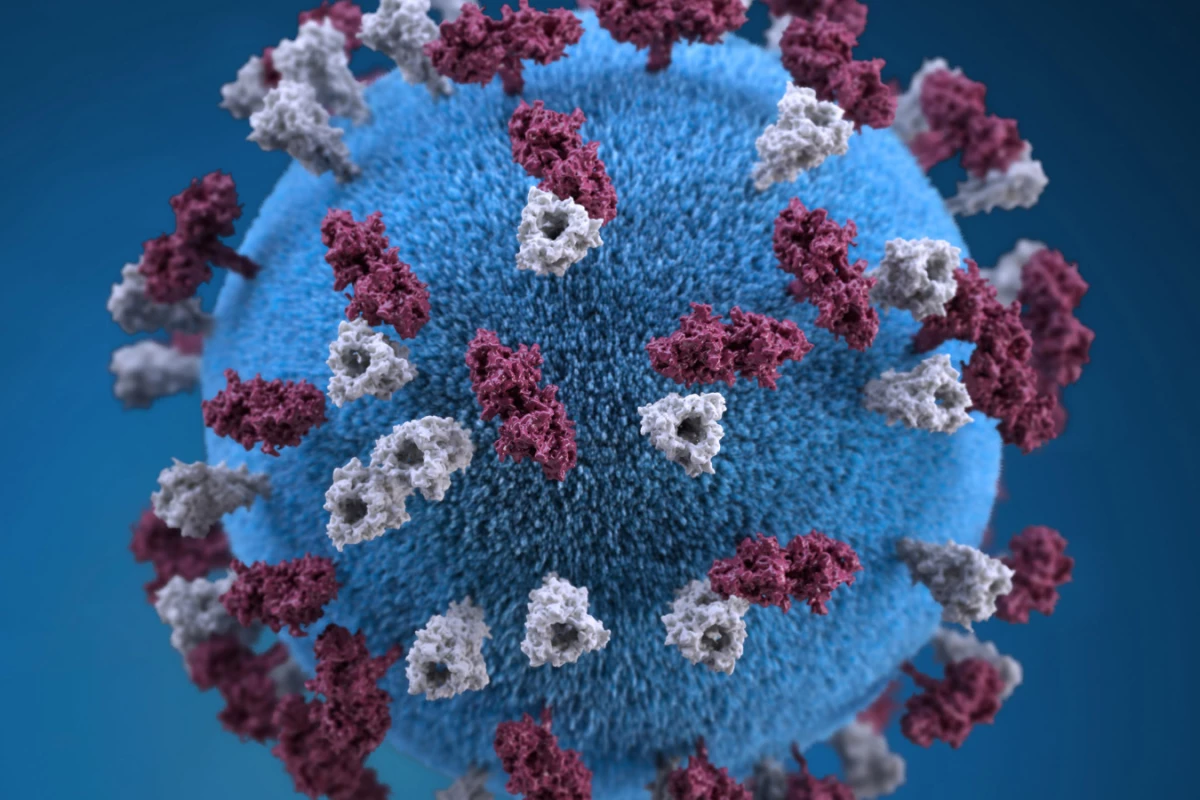Impressive new research from an international team of scientists has effectively verified a long-held hypothesis called immune amnesia, demonstrating how infection by the measles virus can quite literally remove pre-existing immune system protections, leaving a person vulnerable to other infections for several years.
Scientists have been aware of the hypothetical notion of immune amnesia for several years now, particularly in relation to early childhood measles infections. Epidemiological studies have linked measles infections with higher chances of mortality in subsequent years. The hypothesis was that, somehow, a measles infection lowers the general efficacy of a person’s immune system for a number of years after they recover from the acute illness.
The research, spanning two newly published journal articles, began by tracking immune antibodies in the blood of 77 unvaccinated children before and after measles infection during a 2013 outbreak in The Netherlands. The research revealed two months after recovering from a measles infection the children had lost between 11 and 73 percent of their immune antibody memory.
This means a child may be more vulnerable to illnesses they had previously developed an immunity to following infection with the measles virus.
“The threat measles poses to people is much greater than we previously imagined,” says senior author Stephen Elledge. “This proved to be the first definitive evidence that measles affects the levels of protective antibodies themselves, providing a mechanism supporting immune amnesia.”
Further work in several animal models verified these observations, confirming anywhere from 40 to 60 percent of pre-existing immune antibodies were eliminated from the body following a measles infection. A more specific experiment in ferrets revealed infection with the measles virus reduced protection from prior flu vaccination, again affirming the occurrence of immune amnesia following viral infection.
“We showed that measles-like viruses can delete pre-existing flu immune memory from ferrets,” says Paul Kellam, an author on one of the new papers. “Even after the ferrets had been successfully vaccinated against flu, the measles-like virus reduced levels of flu antibodies resulting in the animals becoming susceptible to flu infection again and experiencing more severe flu-like symptoms. This shows that measles could reverse the effects of vaccination against other infectious diseases.”
As well as solidifying the importance of administering measles vaccinations, the new research debunks the long-held myth than exposure to measles actually strengthens the immune system. Nikolai Petrovsky, from Australia’s Flinders University, suggests this research should entirely put to bed misinformation from certain sectors of the community that result in absurd “pox parties” where parents expose children to measles in the hopes of improving the child’s immune response.
“Not only does natural infection expose the children to the potentially devastating consequences of measles infection, but also as highlighted here, will weaken rather than strengthen their immune systems, so that even if they are lucky enough to escape serious consequences of the primary infection, they are still left prone to catching other infections due to the long-term immune suppression mediated by the primary infection,” says Petrovsky, who did not work on this current research.
The new research was published in the journals Science and Science Immunology.
Sources: Wellcome Sanger Institute, The Harvard Gazette




